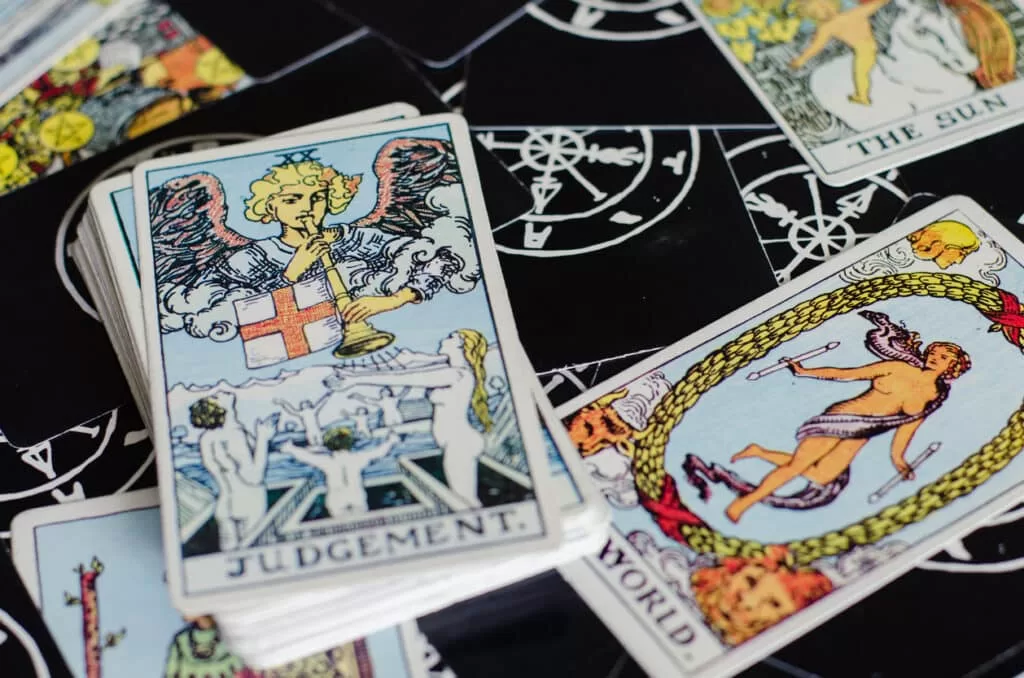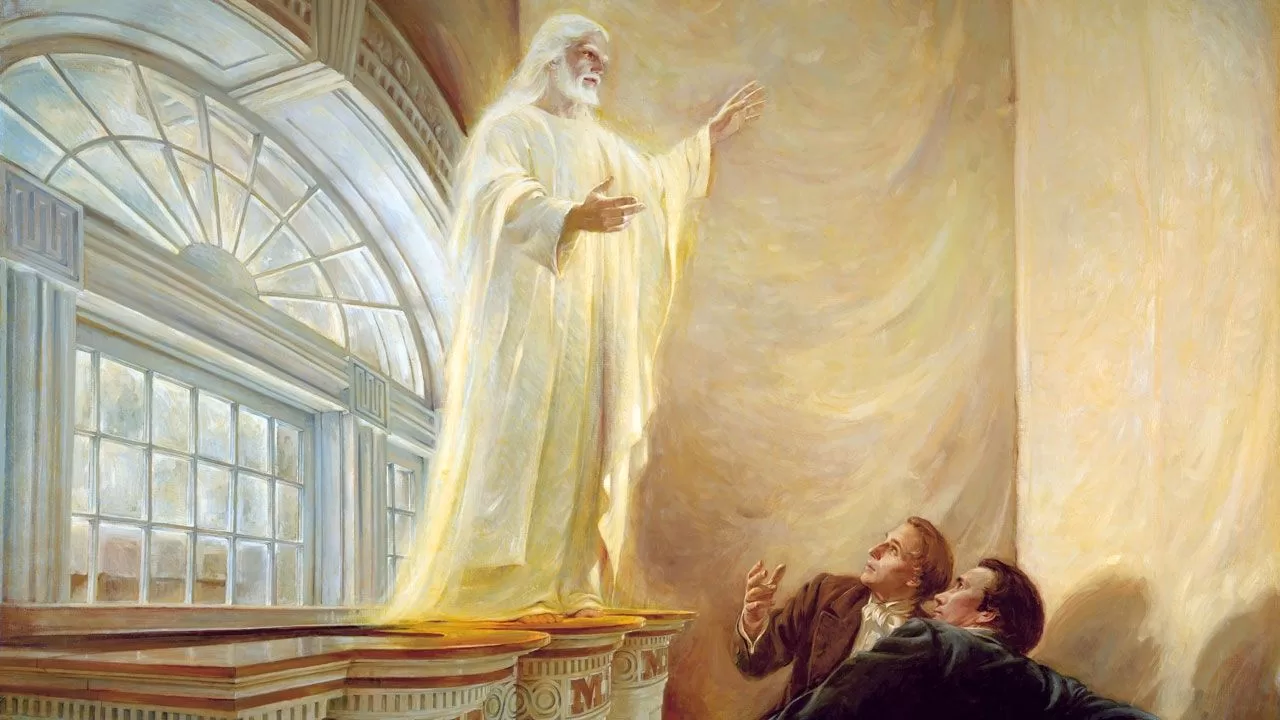A startling number of lapsed Catholics in Italy are reverting to the deities of ancient Rome and turning to pagan seers, astrologers and psychics, attesting to a potentially catastrophic collapse of Catholicism in its traditional bastion.
Over 160,000 sorcerers are doing brisk business in the occult and New Age practises, with over three million Italians consulting the so-called “maghi” every year for advice. This involves shelling out an astronomical €8 billion, according to data from the Osservatorio Antiplagio.
Between 10 to 13 million Italians – almost all of them baptised Catholics – have turned to sorcerers or witches at least once in their lives; while 30,000 Italians from all classes of society seek out psychics and visionaries daily, in a quest for a better future, the Codacons agency states.
The epicentre of witchcraft and occultism is in the Lombardy region of northern Italy, with 2,800 occult operators and 200,000 clients – numbers that far exceed the percentages of resident Catholic priests and Catholics who attend Holy Mass on a weekly basis.
A survey conducted in 2023 by the market research company SWG found that 34 per cent of Italians believe or engage in necromancy, 24 per cent in black magic, 19 per cent in predicting the future with cards, 18 per cent in white magic, and 17 per cent in psychic or occultic healers.
In 2019, Pope Francis warned Italians “not to seek happiness by following smoke vendors – who are often vendors of death – experts in illusion”, a reference that was interpreted by Italian media as a caution against the proliferation of witchdoctors.
A year later, the Holy Father reiterated his admonition in his Epiphany homily, urging his flock not to follow “magicians, fortune tellers, [or] sorcerers” lest “you risk becoming idol-addicts”.
In an Angelus address in July 2023, the pontiff cautioned Catholics to reject beliefs “in superstitions, such as magic, tarot cards, horoscopes and other similar things”, noting that “many, many Christians go to have their palms read”.
Recent figures confirm the findings of a doctoral thesis submitted by Stefano Falappi to the University of Bergamo (2012), titled Education, Religious Diversity and Non-religious Beliefs, which demonstrated that it is no longer the Catholic religion dominating Italy but “religious diversity and non-religious beliefs in the increasingly pluralistic Italian context”.
Meanwhile, in a parallel phenomenon, Italians disenchanted by the Church are claiming they have found an authentic spirituality by returning to their roots and reclaiming the pagan gods of ancient Rome.
The “Via romana agli dei” (“Roman road to the gods”) is a religious movement comprising various neopagan sects declaring themselves to be part of the European Congress of Ethnic Religions (ECER).
Practitioners of the Roman cult argue that even though their ancestors were persecuted after “the doomed and execrable Second Edict of Theodosius” in 392 AD, their rituals survived more overtly in rural Italy and secretly in upper-class Italian culture.
While several pagan deities survived, alledgedly, in Catholic guise, as “many goddesses are masked behind very specific Madonnas; many saints are gods and spirits in disguise”, and poets like Dante “kept memory of the Roman tradition, in an [apparent] syncretism with Christianity”.
Since the late 1980s, many associations have revived the Roman cult in public, ranging from “little more than historical reenactment”, to others being “influenced by pre-20th century para-masonic influences”.
The Turin-based Centre for Studies on New Religions (CESNUR) lists the esoteric cults under the category of the Roman Traditionalist Movement, with neopagan adherents numbering over 230,000 in 2017, a 143 per cent increase over 10 years.
A leading neopagan association is the Communitas Populi Romani, which describes itself as an “association of free men who recognise themselves holding to the same spiritual and cultural values as the ancient religion of Rome, public or private”.
Neophytes are encouraged to firstly, “set up a space dedicated to the deities in your home so that you can begin to offer to your gods”, and secondly, to “ritualise following the main holidays that are remembered by the Kalendarium”.
“The Roman religion is fundamentally a collectivist and convivial religion, it does not leave much room for individualism and personalism which often led – and still leads – to condemnable superstitious practices,” adherents are told.
On 10 February 2024, an eclectic group of enthusiasts from the Communitas Populi Romani assembled near the ancient Roman Forum to express their devotion to the deities Juno, Jupiter and Apollo.
Luca Fizzarotti, a computer programmer who joined the movement after he had a spiritual crisis, told Religion News Service (RNS) he was a catechist and practicing Catholic for many years but that “I had a very bad experience and had to leave my Church”.
Fizzarotti fell in love with a practitioner of Kemetic Orthodoxy, a cult based on the ancient Egyptian religious faith. “In the beginning I could not really understand [it], then as I slowly learned about the pagan community, I found a way to live out my spirituality,” he explains.
Though Fizzarotti acknowledges that it was moving in with his girlfriend that sparked his interest in Roman paganism, the primary motivation behind the likes of him and others joining the pagan-influenced movement is a fascination with what Italian writer Andrea Angelini labels “Roman Polytheistic Reconstructionism”, rather than any New Age-type sexual incentives such as polyamory.
Proponents of the movement emphasise “harmony with ancient spirituality”, ethics of “duty to the divine”, and virtues of Fides (the reciprocity of commitment and the given word that binds the two parties), Pietas (justice, respect and devotion towards the gods), and Religio (correct execution of the rite which guarantees the favor of the gods).
“We all believe in the gods, we make rituals at home, we have devotion temples at home, we have our priests and officiants,” Donatella Ertola told RNS.
“I found in polytheism a new strength,” Antony Meloni, an airport construction worker, stressed. “I was looking for something that monotheism didn’t give me.”
Latinist and Rome-based researcher Lorenzo Murone told the Catholic Herald that the Catholic Church in Italy was fighting a losing battle against such cults because of its unwillingness to engage in “intentional evangelism”.




